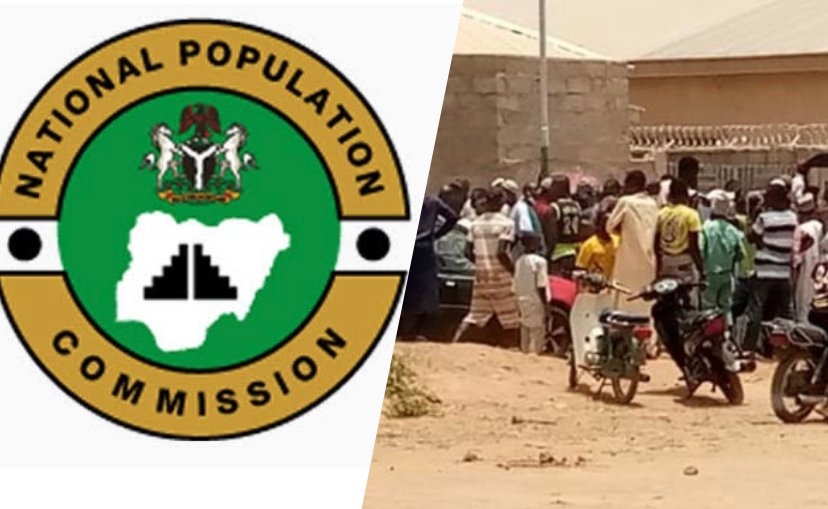Here Is The Easy Money-Making Trick Everyone Is Talking About! Learn More Here!
The National Population Commission (NPC) has assured Nigerians that the Indigenous People of Biafra (IPOB) will not pose a threat to the upcoming 2023 national population and housing census.
The exercise is scheduled to hold from May 3 to May 5, 2023.
According to the Federal Commissioner of the NPC in Enugu State, Mr Ejike Eze, the group has been adequately sensitized about the importance of allowing residents to participate in the census to make it successful.
He noted that IPOB had engaged in advocacy to encourage people to participate in the census, and the NPC had been able to engage with the group to convince them that the census would provide crucial information for their agitation.
Eze revealed that the NPC had encountered IPOB in two local government areas of Enugu State during the demarcation of the areas preparatory to the headcount, but the intervention by the government had resolved the issues.
He dismissed calls for a shift in the dates of the exercise, emphasizing that the census is not the same as an election where there are competitors, winners, and losers.
On the N869 billion budgeted for the exercise, Eze said that it was the least when compared with the budgets of other countries.
He cited examples of the United States, which spends between 12 and 15 dollars (N5,760 –N7,200) per citizen to conduct a census and Malawi, which spends nine dollars (N4,320) per citizen. In Nigeria, the proposal is to spend six dollars (N2,880) to count a citizen.
The NPC is charged with the responsibility of conducting the census, which is the most comprehensive and reliable source of demographic data for policy formulation, planning, and decision-making in the country.
The last census was conducted in 2006, and the next census is expected to provide updated data to guide the government’s policies for the next decade.
The importance of the census cannot be overemphasized, as it provides information on the population size, distribution, and characteristics of the people.
This information is crucial for the allocation of resources, planning of social services, and formulation of policies that address the needs of the people.
The census is also critical for monitoring the implementation of development programs and measuring progress towards achieving the sustainable development goals.



